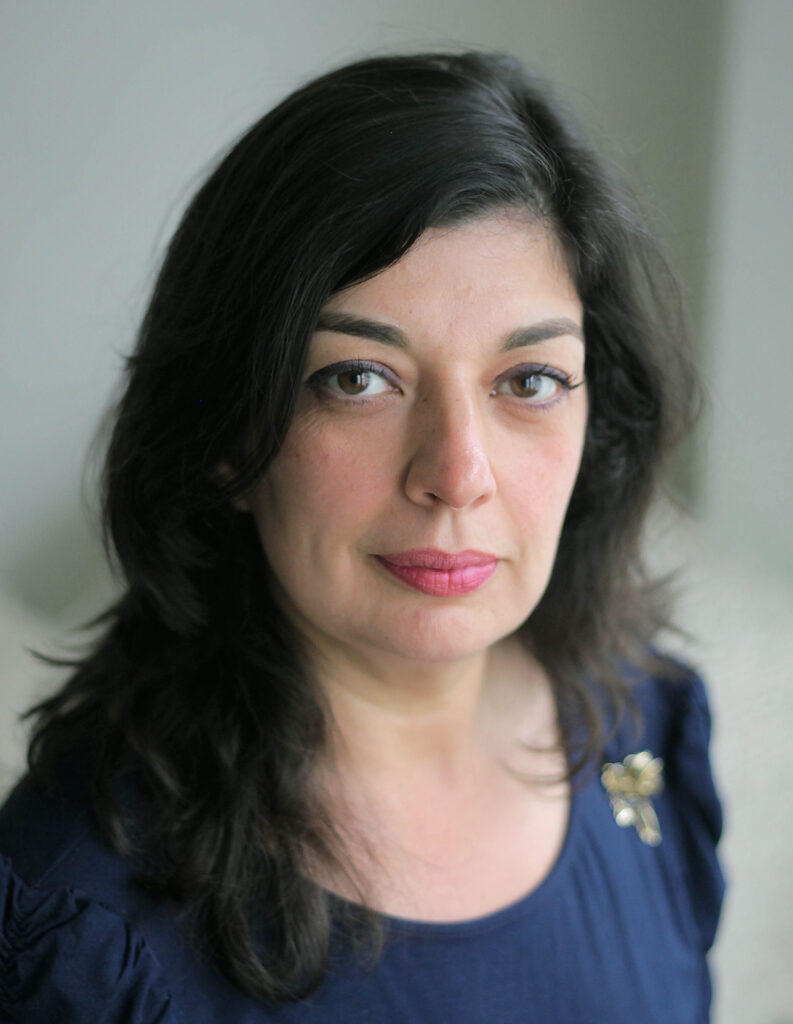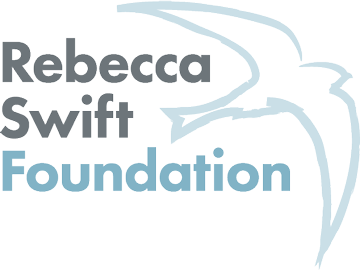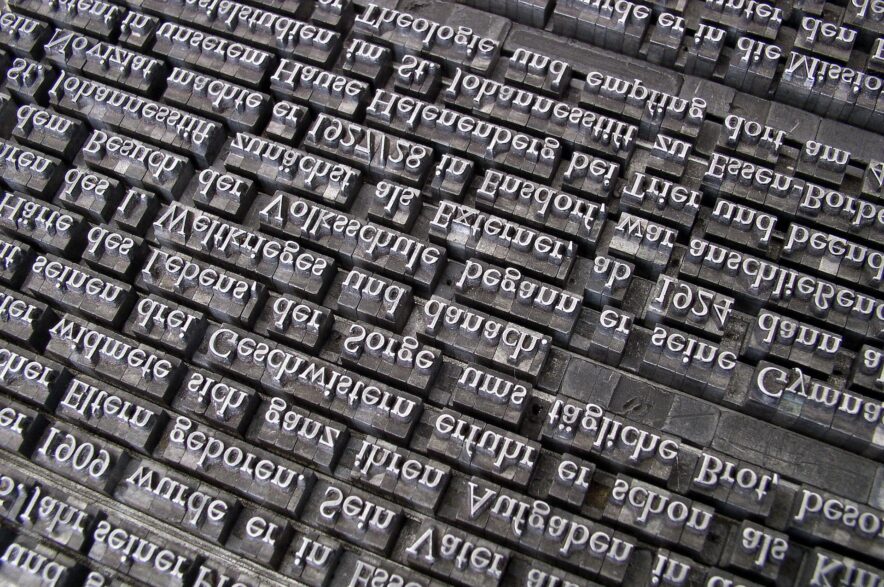As I write this, my view is of our tiny back garden where through the open window I can hear a child crying, someone playing the drums, Mehboob’s mother calling him. If I stand at my front door, I can see that the corner-shop-which-used-to-be-a-pub is now open, the Kurdish family who run it, having come from miles away. This is what I know, where I’ve lived for years. And while I agree to some extent with the advice ‘write what you know’ – for reasons of authenticity & decolonising literature – I do think knowledge is more than lived experience. Knowledge is what’s felt and understood, and also who we know and love, their views from their windows.
To counter this, perhaps, as a reader-writer I am increasingly drawn to writers I don’t know, who are geographically and culturally far from my experience.
Reading, like writing, can be a political act. As writers, who and what we choose to read influences our work, as well as reinforcing or readjusting our view of the world. Naturally we have our guiding lights, writers whose work we are instinctively drawn to, and who excite us with the possibilities of their form. They become our mentors. But casting our reading nets much wider, enriches us and our work.
Though we live on an island, now more than ever, it is important not to be insular in our thinking.
Insular as in:
b. uninterested in ideas, cultures, etc. other than one’s own; narrow-minded; lacking contact with other people.
Lacking contact with other people is something we all experienced in the past two years, if we were fortunate enough not to be on the front line. Many of us found life drawing in, geographically and personally. I noticed this impacted on my reading too, that I was reaching for comfort in beloved and familiar writers: Tove Jansson, Jhumpa Lahiri, Anne Carson, Louise Glück. In time, as things became less scary, I began to venture beyond the familiar once more, in real life and in reading.
I have had the good fortune to call Pakistan, Canada, Spain and the UK ‘home’ at different times in my life. And what was difficult as a teenager and young adult – feeling like I didn’t belong anywhere – now feels like a blessing. I feel I belong in the world, that I can be at home just about anywhere.
Cosmopolitan, I say to myself. Not as in:
- having an exciting and glamorous character associated with travel and a mixture of cultures
or
- a cocktail made with Cointreau, lemon vodka, cranberry juice, and lime juice
but as in:
- (of a plant or animal) found all over the world
This sense of belonging to the world is fed by my reading and vice versa. The Griffin Poetry Prize’s excellent online resource introduced me to First Nation poets including Layli Longsoldier, Billy-Ray Belcourt and Abigail Chabitnoy. I came to the work of Nishnaabeg storyteller Leanne Betasamosake Simpson. Her book ‘The Accident of Being Lost’ is on my bedside table, and opening it immerses me in a way of being deeply connected to trees and rivers, where Nature is home and family. How to describe the shift in thinking it sparks, how it feels to speak unfamiliar combinations of consonants and vowels:
Nishnaabetwewag
Adikwag
Nanabush
kwezen.
What draws me to the unfamiliar is perhaps what drew me to learning languages. Curiosity at first, and then a realisation that learning a language is entering into a way of living and thinking and being. But we don’t need to speak a language to enter its world – we are fortunate to have translators as our guides. I don’t need to speak Albanian to read Luljeta Lleshanaku’s impassioned poems of witness, because Ani Gjika opens the door for me. I can read the Ukranian poet Natalka Bilotserkivets thanks to translations by Dzvinia Orolowsky and Ali Kinsella, and I can read Wang Xiaoni’s luminous poem ‘Seeing the Ocean from a Night Flight’ because Eleanor Goodman has translated it from the Chinese:
“Everything becomes small
only the ocean makes the night’s leather clothes
open up the further out it spreads”…
And what of the writers not writing in English who haven’t been shortlisted for prizes, and whose work merits a wider readership? I subscribe to Modern Poetry in Translation, founded in 1965 by Daniel Weissbort and Ted Hughes, to read poetry being written and translated now all over the world. And there’s the Poetry Translation centre, where online you can read poems in three versions: the original, a close translation, and a final poetic translation. For writers on writing, I turn to PEN Transmissions, an online magazine for international and translated voices, featuring interviews and essays from established and emerging writers. Their current issue has interviews with translators from the 2022 Booker shortlist, and a piece by the novelist Pajtim Statovci entitled ‘I Am a Writer Because My Will to Understand People is Greater Than My Need to Judge Them’.
The act of translation is generous beyond measure, and translators the most engaged readers of a writer’s work. So many open doors. So much world at our fingertips.

Shazea Quraishi is a Pakistani-born Canadian poet and translator based in London. Her poems have appeared in UK and US anthologies and publications including The Guardian, The Financial Times, Poetry Review & Modern Poetry in Translation. Books include The Courtesans Reply (flipped eye publishing, 2012), The Art of Scratching (Bloodaxe Books, 2015), The Taxidermist (Verve Poetry Press, 2020), and The Glimmer (Bloodaxe Books, forthcoming in September 2022); and her work has been anthologised most recently in ‘The Things I Would Tell You: British Muslim Women Write’ & ‘The Mighty Stream: Poems in celebration of Martin Luther King’. Shazea is a trustee on the board of English PEN, and on the committee of the Poetry and Spoken Word Group of the Society of Authors. A Complete Works alumna, she is an artist in residence with Living Words, an arts charity working with people impacted by dementias and mental health. Shazea is currently working on translating poems by the Mexican activist and poet Susana Chavez, and continues adapting The Courtesans Reply as a play.

